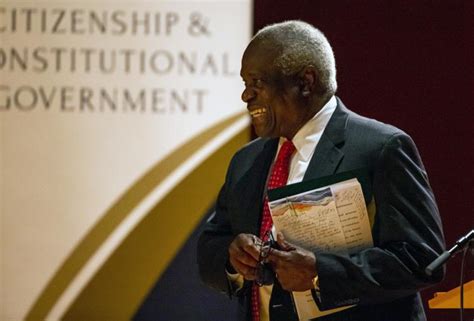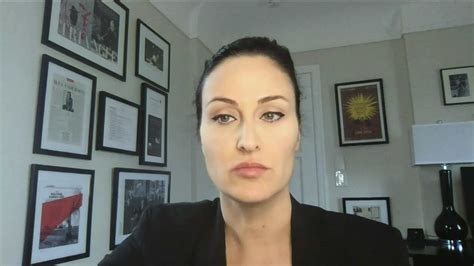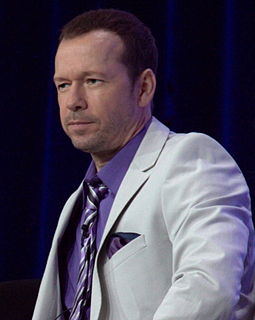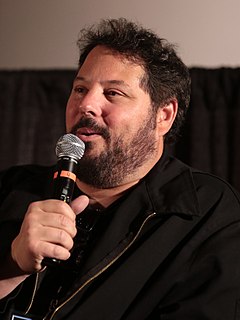A Quote by Joyce Carol Oates
I was writing novels in high school and apprenticed myself in a way both to Faulkner and to Hemingway.
Related Quotes
Do you think that Hemingway knew he was a writer at twenty years old? No, he did not. Or Fitzgerald, or Wolfe. This is a difficult concept to grasp. Hemingway didn't know he was Ernest Hemingway when he was a young man. Faulkner didn't know he was William Faulkner. But they had to take the first step. They had to call themselves writers. That is the first revolutionary act a writer has to make. It takes courage. But it's necessary
And so with Hemingway's writing, he famously wrote to one of his publishers - he said, you don't need a high school education to enjoy my writing. And it's going to titillate the masses. I mean, anybody can relate to it, but the style is so revolutionary that it will titillate highbrow critics, which it did.
I'm interested in dismantling the distinction between masculine and feminine writing both because I think it's a false distinction and, I think, ultimately an insulting one. It's as insulting to men as it is to women. I'm not sure what masculine writing would look like - I assume some combination of Ernest Hemingway and Raymond Carver. Writing can't be gendered in that way.





































